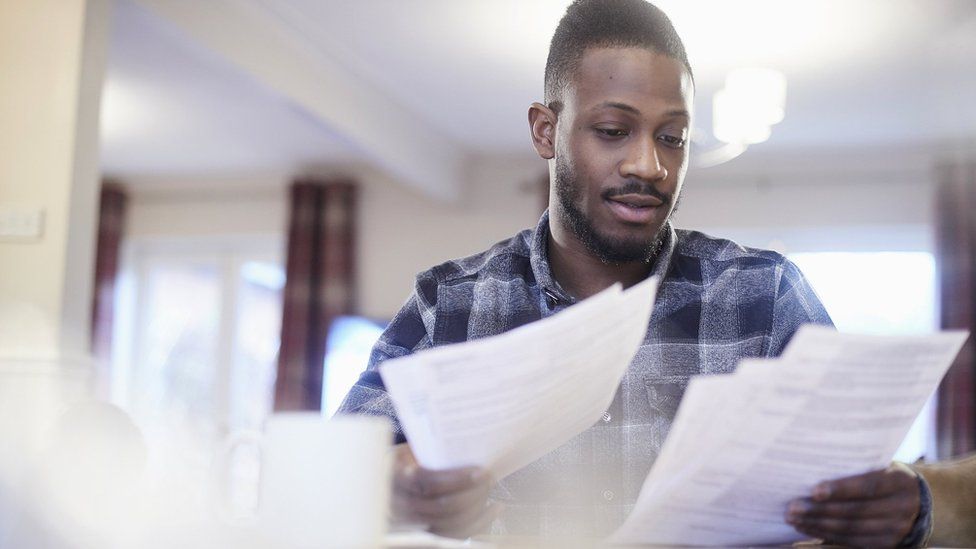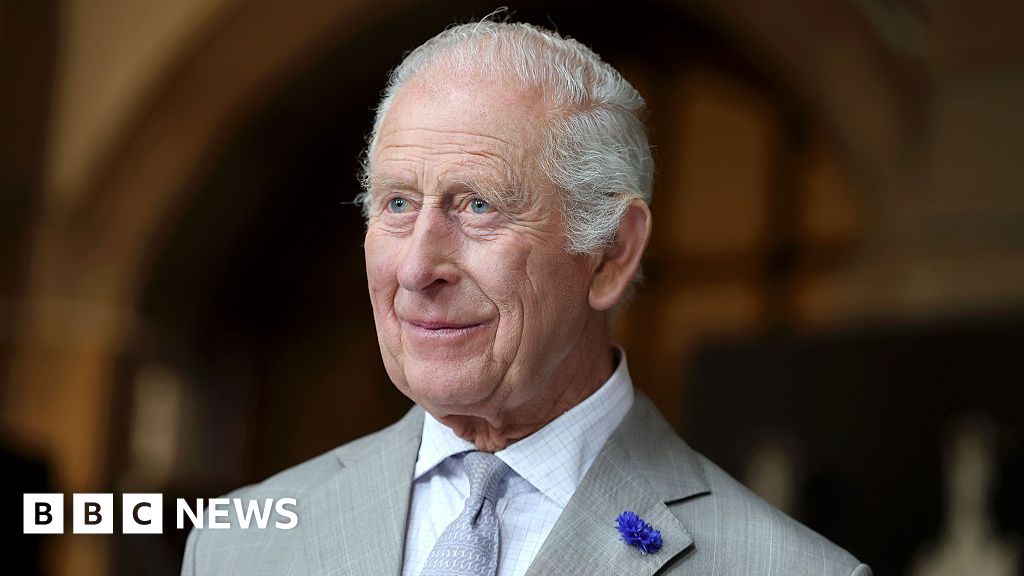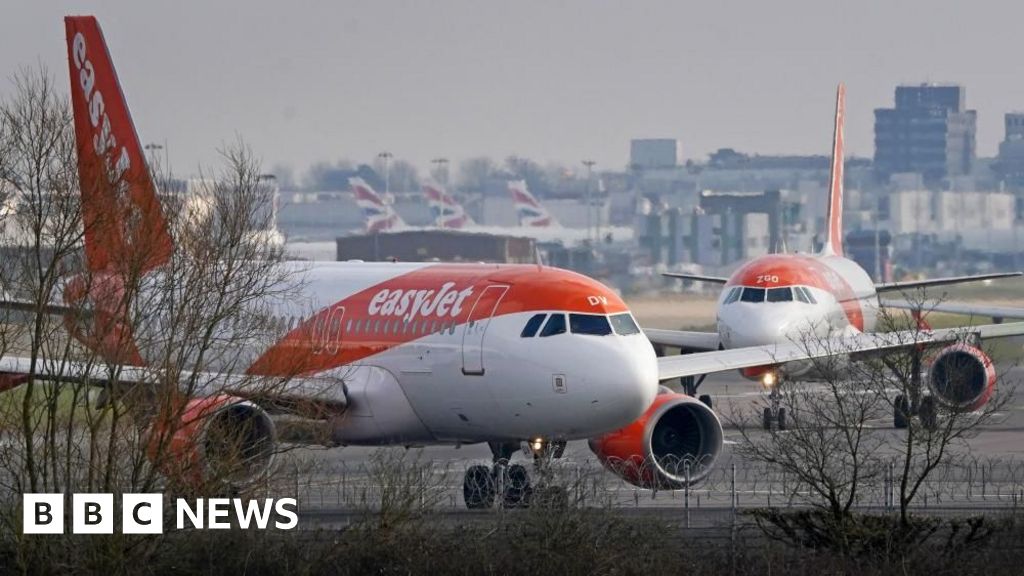ARTICLE AD BOX
 Image source, Getty Images
Image source, Getty Images
Plans by Liz Truss to cap energy bills could mean that increases in the cost of living will peak earlier and be significantly lower than previously forecast, economists have said.
The new PM is understood to want to cap typical energy bills at £2,500, with full details expected on Thursday.
Goldman Sachs says this could see inflation peak at 10.8% in October, rather than the 14.8% it had forecast.
Prices are currently rising faster than they have done for 40 years.
Economists at the investment bank said that a cap on bills for households would lead to prices falling more quickly next year too, with inflation (which tracks how the cost of living changes over time) slowing to 2.4% by next December.
But they cautioned that there was uncertainty around what would happen once any cap is lifted.
How prices change will depend on wholesale gas prices, they said, which have been extremely volatile.
Energy prices rose sharply when lockdown was lifted and the economy started to return to normal. They have increased further as Russia has sharply cut its supplies of gas to Europe.
It has pushed up the price of gas across the continent, including in the UK, having a huge knock-on effect on consumers.
The Bank of England has warned it could push the UK into recession later this year, while charities say millions of households will fall into fuel poverty .
Other experts have suggested that the soaring cost of living could be tempered by the support package.
Deutsche Bank suggested that a cap on energy bills from October at £2,500 would bring its annual inflation forecast down to 9% year-on-year.
Worried about energy bills? The BBC's Colletta Smith tells you - in a minute - about four discounts and payments that could help
Meanwhile, Liz Martin, UK economist at HSBC said on Tuesday: "Cancelling all or most of the planned October and January prices rises [in the energy price cap] could be a game-changer in our view,"
"It would mean that, on a mechanical basis, inflation might already have peaked."
But the research firm Capital Economics described the package as an "effective but expensive sticking plaster".
There are concerns about how the government is expected to fund its plans, with many expecting it to borrow at least £100bn, adding to the UK's debt pile. This would come as Ms Truss attempts to push through a promised £30bn in tax cuts.
Paul Johnson, director of the Institute for Fiscal Studies (IFS), told the BBC's Today programme: "The big question here is: 'Is it going to be £100 billion? What is the exit strategy from supporting bills?'
"My guess is it might end up being an awful lot more than that unless we react quite quickly to make it a better [energy] system," he said, adding that the move would benefit affluent people more than the less well-off.
He added that it did seem "inevitable in the short run" given the scale of the crisis.
The Bank of England recently warned that the UK economy will fall into recession towards the end of 2021 as prices for gas and electricity continue to rise.
It recently lifted interest rates by 0.5 percentage points - the largest jump in 27 years - to 1.75% in a bid to cool rising prices.
Governor Andrew Bailey is set to appear in front of MPs later on Wednesday to answer questions on rising rates and the path ahead for the economy.

 2 years ago
46
2 years ago
46








 English (US) ·
English (US) ·